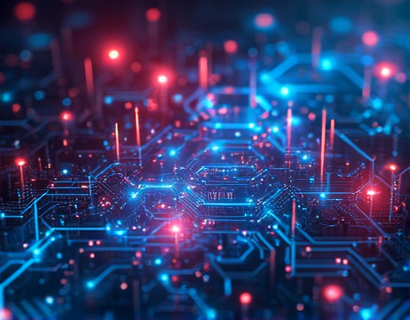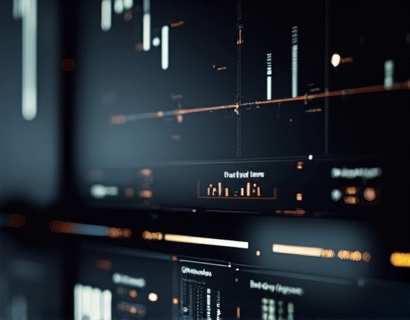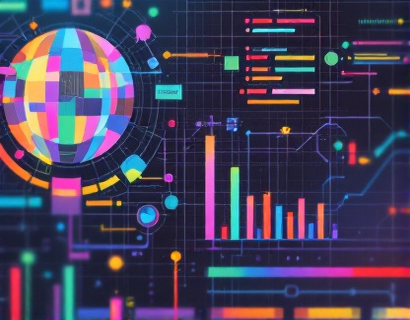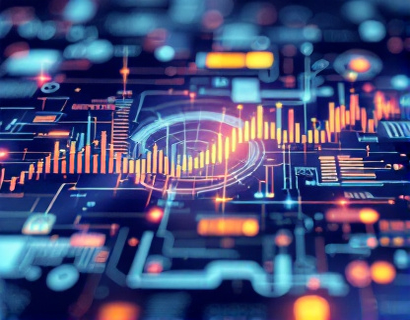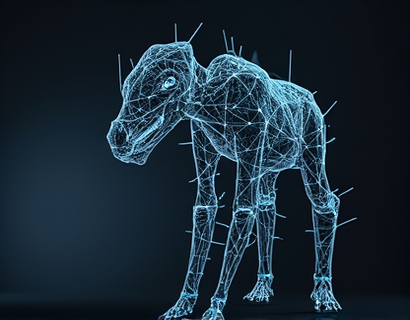Decentralized Authentication: Elevating Business Security and Streamlining Access with Advanced Identity Management Solutions
In the digital age, the importance of robust security measures cannot be overstated. As businesses increasingly rely on digital platforms to conduct operations, the need for advanced identity management solutions has become paramount. Decentralized authentication stands out as a transformative approach, offering enhanced security and streamlined access control. This method leverages cutting-edge technology to manage user identities in a way that traditional centralized systems cannot match. By understanding the principles and benefits of decentralized authentication, businesses can better position themselves to face the evolving challenges of cybersecurity.
Decentralized authentication, also known as decentralized identity management, operates on a fundamentally different model compared to conventional centralized systems. In a centralized system, a single entity, often a server or a database, holds and manages all user credentials and identity data. This central point of control, while seemingly convenient, introduces significant vulnerabilities. A breach in this central system can compromise vast amounts of sensitive information, leading to severe security risks and potential operational disruptions.
In contrast, decentralized authentication distributes the management of user identities across a network of nodes, eliminating the need for a single point of failure. This distributed ledger technology, often based on blockchain, ensures that no single entity has complete control over the identity data. Each participant in the network maintains a copy of the identity information, which is encrypted and linked through cryptographic hashes. This design not only enhances security but also promotes transparency and trust among participants.
The core advantage of decentralized authentication lies in its ability to provide a more secure and resilient identity management framework. By removing the central authority, the risk of large-scale data breaches is significantly reduced. Even if one node in the network is compromised, the overall system remains intact, as the attacker would need to breach multiple nodes simultaneously to gain unauthorized access. This distributed nature makes decentralized systems inherently more secure against both internal and external threats.
Moreover, decentralized authentication enhances user privacy. In traditional systems, user data is often stored in a central database, making it a prime target for hackers. With decentralized solutions, user data is fragmented and stored across multiple nodes, making it much harder for unauthorized parties to access. Users maintain control over their own identity data, deciding who can access it and under what conditions. This level of control empowers users and builds trust, a critical factor in today's data-conscious environment.
Another significant benefit of decentralized authentication is the improvement in operational efficiency. Traditional centralized systems can become bottlenecks, especially as the number of users and transactions grows. Decentralized networks, on the other hand, are designed to handle high volumes of data and transactions seamlessly. The distributed architecture allows for parallel processing, reducing latency and increasing the speed of authentication processes. This efficiency is crucial for businesses that require rapid and reliable access control, such as financial institutions, healthcare providers, and e-commerce platforms.
Implementing decentralized authentication solutions also aligns with the growing regulatory requirements around data protection and privacy. Regulations like the General Data Protection Regulation (GDPR) in the European Union and the California Consumer Privacy Act (CCPA) impose strict guidelines on how organizations handle personal data. Decentralized systems naturally comply with these regulations by minimizing the collection and storage of personal data, thus reducing the risk of non-compliance and associated penalties.
From a technical standpoint, decentralized authentication leverages several advanced technologies to function effectively. Blockchain technology forms the backbone of many decentralized identity management systems, providing a secure and immutable ledger for storing identity data. Smart contracts, self-executing contracts with the terms directly written into code, can automate and enforce authentication processes, ensuring consistency and reducing the potential for human error.
Additionally, decentralized authentication often incorporates zero-knowledge proofs, a cryptographic method that allows one party to prove to another that a statement is true without revealing any information beyond the truth of that statement. This technology ensures that sensitive information remains confidential while still verifying identity, adding another layer of security to the authentication process.
The adoption of decentralized authentication solutions is not without its challenges. One of the primary hurdles is the need for widespread industry adoption and standardization. For decentralized systems to reach their full potential, there must be a consensus on protocols and standards that ensure interoperability across different platforms and organizations. Industry collaboration and the development of open standards are crucial in overcoming this challenge.
Another challenge is the user education and adoption curve. Decentralized authentication represents a significant shift from traditional systems, and users need to understand the benefits and proper usage of these new solutions. Providing comprehensive training and support can help mitigate this issue, ensuring a smooth transition for both businesses and end-users.
Despite these challenges, the benefits of decentralized authentication are undeniable. Businesses that adopt these solutions can expect to see substantial improvements in security, privacy, and operational efficiency. The ability to manage identities in a decentralized manner not only protects against cyber threats but also enhances the overall user experience by providing seamless and secure access to digital resources.
In conclusion, decentralized authentication is a game-changer for businesses looking to elevate their security measures and streamline access control. By embracing advanced identity management solutions, organizations can safeguard sensitive data, comply with regulatory requirements, and improve operational efficiency. As the technology continues to mature and gain broader acceptance, the future of business security looks increasingly promising with decentralized authentication at its core.







